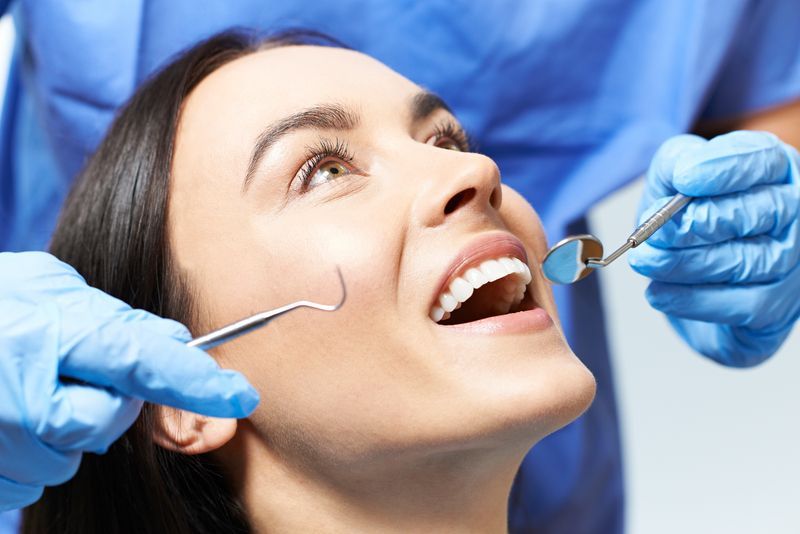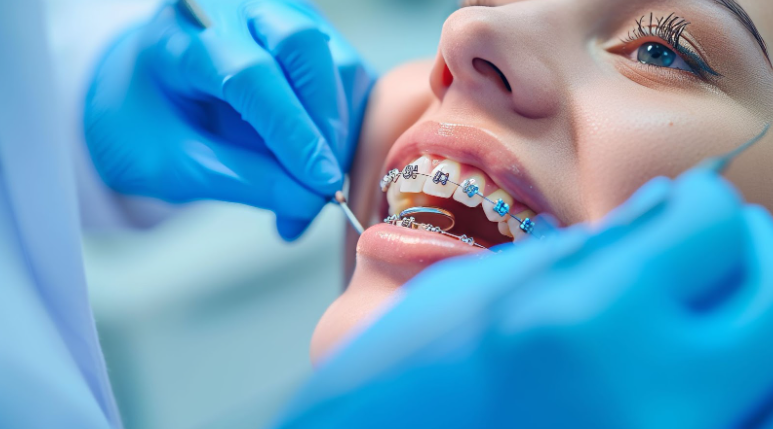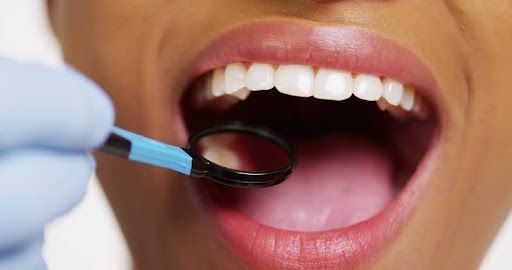Orthodontic Care: The Path to a Healthier Smile and Future
In the realm of dental health, orthodontic care plays a crucial role in achieving a brighter, healthier smile and ensuring a promising future. Dive into valuable insights and discover how orthodontic care can pave the way for a confident, radiant smile and a better tomorrow.
Understanding Orthodontic Treatment and Oral Hygiene
Orthodontic treatment encompasses a range of procedures aimed at correcting teeth and jaws that are positioned improperly. Specialists like McAllister Orthodontics provide personalized care options, including traditional braces and Invisalign, to patients across Omaha, Fremont, and Elkhorn, NE. While the aesthetic improvement of a straighter smile is often the primary motivation for seeking treatment, the importance of maintaining oral hygiene throughout the process cannot be overstated.
Braces, consisting of brackets attached to the teeth and connected by wires, slowly adjust the position of teeth over time. Invisalign, on the other hand, uses a series of clear, custom-fitted aligners to achieve a similar result without the visual presence of metal braces. Despite the differences in appearance and comfort, both methods share common oral hygiene challenges. Plaque buildup around the brackets of braces can be significant, given the additional surface area and crevices that can trap food particles. Invisalign wearers are not exempt from hygiene challenges, as the aligners can hold harmful bacteria against the teeth if not cleaned properly.
The rigidity of braces complicates the already daunting task of flossing. Without diligent care, patients can experience gingivitis, bad breath, and even demineralization of tooth enamel around brackets --commonly identified as 'white spots.' In contrast, although Invisalign trays can be removed, this convenience comes with the responsibility of meticulous cleaning routines for both the aligners and one's teeth to prevent similar issues.
The essence of maintaining oral hygiene during orthodontic treatment lies not just in preventing noticeable complications like swollen gums or decaying teeth. Effective oral hygiene practices play a pivotal role in ensuring that the journey to a perfect smile does not pave the way for long-term oral health problems. Regular brushing, flossing, and the use of specialized cleaning tools designed for braces or Invisalign can make a significant difference. McAllister Orthodontics stresses the importance of these practices, guiding their patients through the intricacies of oral care during orthodontic treatment to prevent complications during and after the process, ensuring a healthy and attractive outcome beyond just the alignment of teeth.
The Critical Role of Oral Hygiene in Preventing Gum Disease and Cavities During Orthodontic Treatment
Orthodontic treatments, while transforming smiles, also introduce oral hygiene challenges that, if not addressed, can significantly impact one’s oral health. The intricacies of cleaning around braces or Invisalign aligners increase the risk of gum disease and cavities - two prevalent issues that can mar the joy of achieving a straightened smile.
Poor oral hygiene during orthodontic treatment can create a fertile ground for the buildup of plaque, which harbors bacteria leading to gingivitis (gum disease) and dental caries (cavities). The brackets and wires of braces, along with the snugly fitting Invisalign trays, can trap food particles, providing bacteria with a continuous food supply. This bacterial feast not only results in the formation of plaque but can also lead to the inflammation of gum tissues and demineralization of teeth, the primary step towards cavity formation.
An illuminating study published in the
National Center for Biotechnology Information underscores the link between orthodontic appliances and heightened risks of periodontal problems. It emphasizes the importance of adhering to stringent oral hygiene practices to mitigate these risks, painting a clear picture of how a lack of care can lead to complicated dental issues post-treatment.
To combat these challenges, McAllister Orthodontics and similar orthodontic specialists advocate for a proactive approach to oral hygiene. For those with braces, the use of an interdental brush is indispensable. This small brush is designed to clean the awkward spaces between wires and brackets that a regular toothbrush can't reach. Likewise, water flossers offer an effective and less cumbersome alternative to traditional floss, making the process of cleaning between teeth and around the wires significantly easier.
For Invisalign wearers, the routine isn’t much simpler. The key to preventing bacterial buildup under the aligners lies in the meticulous cleaning of the aligners themselves, along with regular brushing and flossing of the teeth before reinsertion. Soaking the aligners in a cleaning solution daily and avoiding eating or drinking (aside from water) while the aligners are in place are essential steps in maintaining oral hygiene.
Emphasizing these tailored cleaning strategies is not just about avoiding immediate consequences like tooth decay or gum inflammation. It's fundamentally about safeguarding the long-term health of one's mouth during and after orthodontic treatment. Proper oral hygiene practices are non-negotiable in the quest for a healthier, straighter smile.
Long-term Benefits of Maintained Oral Hygiene During Orthodontic Treatment
The journey through orthodontic treatment, whether it be with traditional braces or Invisalign, is more than just the path to a straighter smile. It's a commitment to maintaining oral hygiene that bears fruits long after the treatment concludes. The diligence with which one attends to their oral care during this period has far-reaching implications, impacting not just the aesthetic outcome but the overall health of their mouth for years to come.
Subpar oral hygiene throughout orthodontic treatment can lead to a range of complications, from gum disease and cavities during the treatment period to more severe issues that could necessitate further dental work post-treatment. Conversely, a dedicated oral hygiene regimen can substantially reduce the likelihood of such problems. The painstaking efforts to clean around brackets or trays, to floss meticulously, and to adhere to orthodontic and dental advice not only ensure the success of the treatment but also lay the groundwork for robust oral health in the future.
Patients who maintain excellent oral hygiene during their treatment often experience fewer dental issues later in life. The risk of tooth decay, enamel demineralization, and periodontal disease significantly decreases, reducing the need for additional dental procedures, which can be both costly and time-consuming. The skills and habits developed during this intensive care period — such as correct brushing techniques, regular flossing, and a deeper understanding of dental health — stay with individuals, influencing their oral care routines long after the orthodontic treatment has ended.
Beyond the direct impact on oral health, the benefits of such diligence extend to general well-being and self-confidence. A healthy mouth supports overall health, reducing risks of conditions linked to poor oral health, including heart disease, diabetes, and stroke. The confidence that comes with a well-earned smile, free of dental issues, cannot be overstated.
The commitment to maintaining oral hygiene during orthodontic treatment is a long-term investment in one's health and well-being. The challenges of keeping teeth clean with braces or
Invisalign are significant, but the rewards, both immediate and future, are equally substantial. Orthodontic specialists like McAllister Orthodontics play a crucial role in guiding their patients through this process, offering tailored advice and support to ensure the best possible outcomes. Remember, the path to a straighter smile is also the path to a healthier future.
Ready to embark on a journey to a healthier, straighter smile with the confidence that your oral hygiene is in expert hands? McAllister Orthodontics is here to guide you every step of the way. Contact us to schedule your consultation today and take the first step toward the smile you’ve always dreamed of.
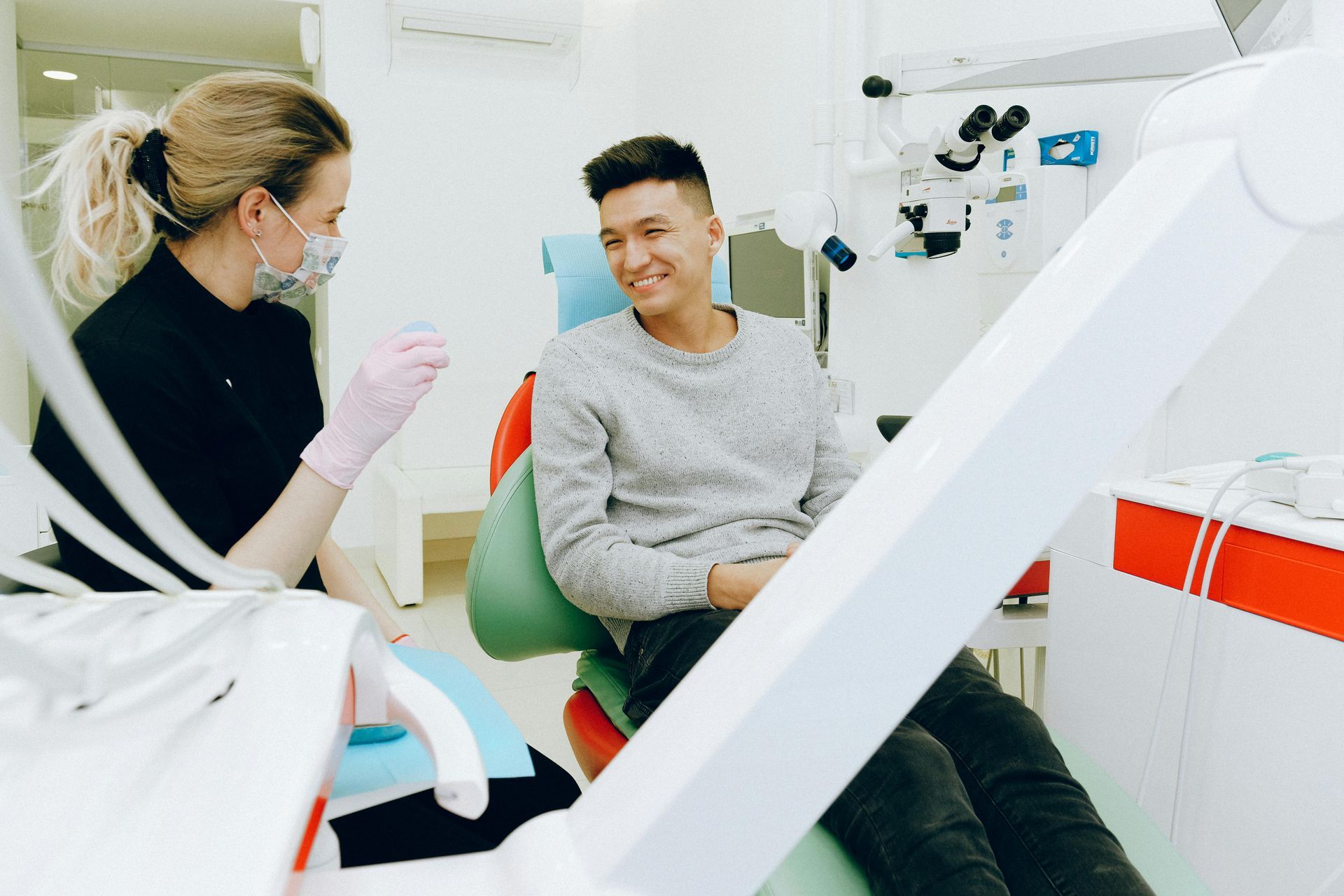


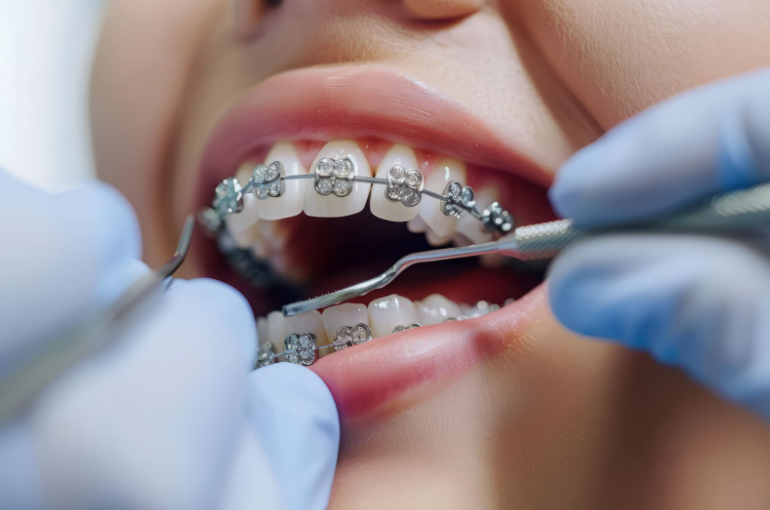
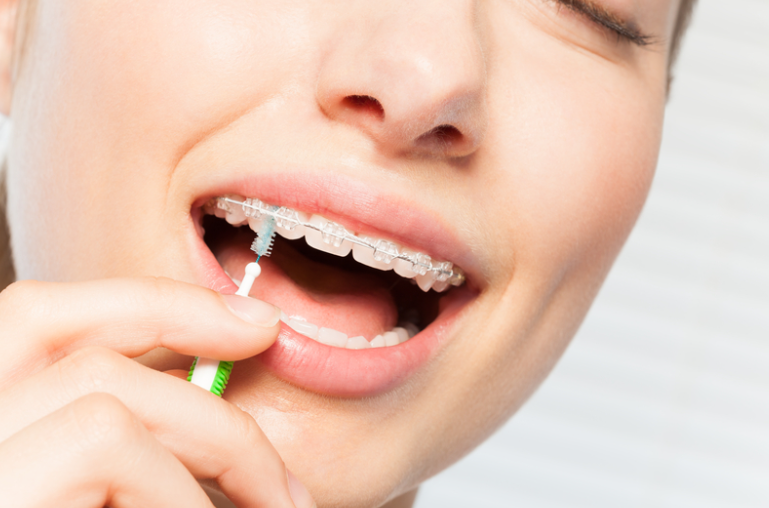
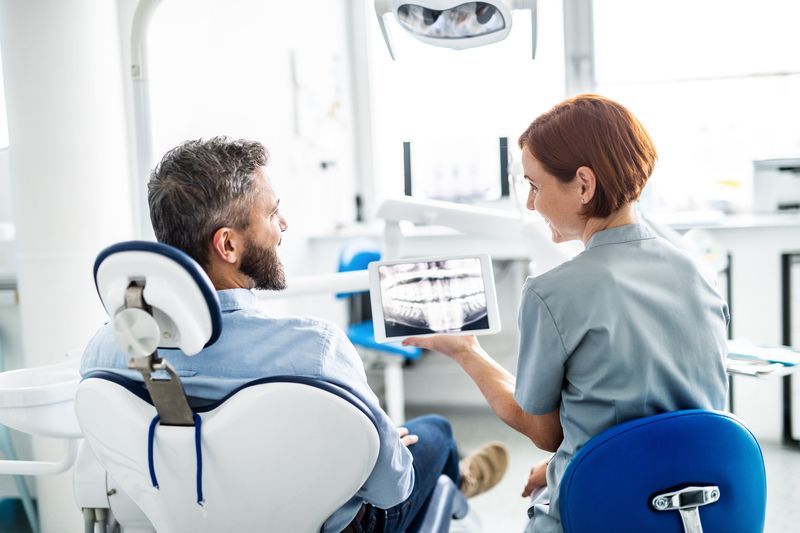

Schedule a FREE consultation with Dr. McAllister today!
Learn about the treatment options for you or your child. We offer many benefits, including:
Free Observation Program Starting at Age 7
This allows Dr. McAllister to monitor your child's growth and development to get them started in treatment at the appropriate time to avoid unnecessary treatment later in life.
Individualized Treatment Plans
Dr. McAllister will complete a comprehensive exam and go over an individualized treatment plan during your initial consultation.
Interest Free Payment Plans
Provide your dental insurance information and we'll contact your provider to see what kind of orthodontic coverage your plan offers. We also offer interest free payment plans.
Schedule Appointment - Header Footer
We will get back to you as soon as possible.
Please try again later.

